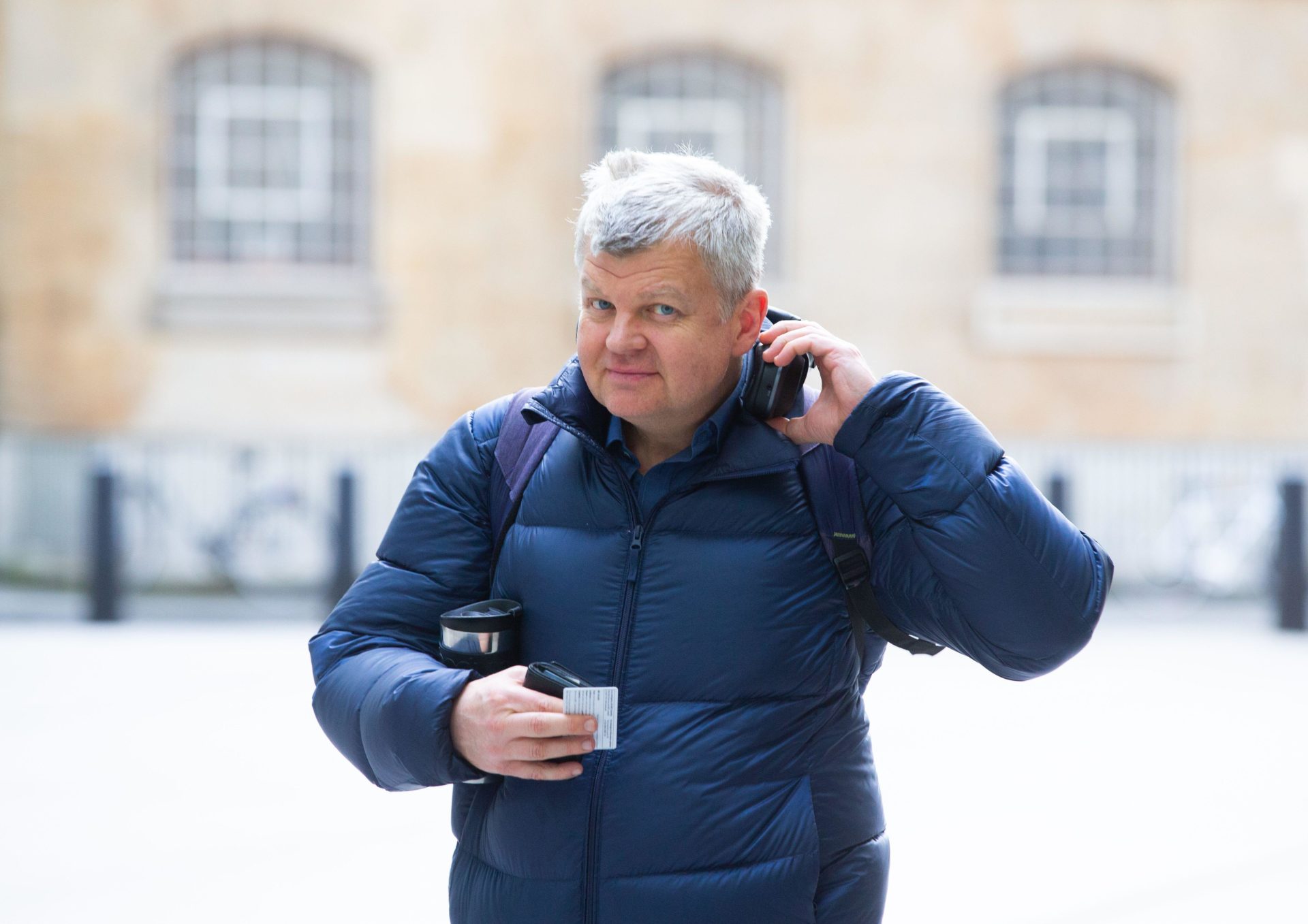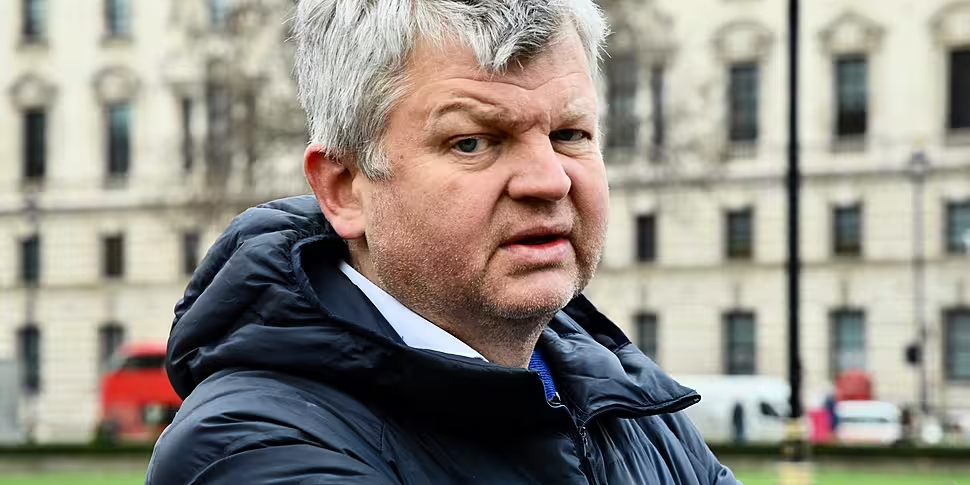After the "relief" of an attention deficit hyperactivity disorder (ADHD) diagnosis, the "hard work starts" in changing habits, according to broadcaster Adrian Chiles.
Before broadcaster, writer and Guardian columnist Adrian Chiles received his ADHD diagnosis, he had spent the first 50 years of his life unknowingly suffering from a "heart-stoppingly, nerve-shreddingly difficult" condition.
On Newstalk Breakfast, Mr Chiles said that much of his behaviour in the early years of his life had never made sense to him, up until he received his diagnosis.
"Things that happened in my teens and 20s and 30s suddenly began to make sense, which in a way is the point of all therapy and counselling," he said.
"It's a relief in the sense that I just understood myself a bit more."
ADHD
Mr Chiles described his ADHD as similar to "scoring own goals all the time."
"It's chaos with an overactive mind – chronically forgetful, terribly indecisive, and ultimately distracted," he said.
"The thing people don't realise is it's not that you can't concentrate on anything – it's that you're trying to concentrate on 20 things at the same time.
"Then you go through phases where you concentrate only on one thing – the wrong thing – to the exclusion of everything else."
Progress
Following initial feelings of relief, Mr Chiles reported feeling as though he was faced with the "hard work" of rewiring his brain.
"By the time you get into your 50s – which is what I was when I got diagnosed – you've got some pretty hard-wired patterns," he said.
"That's where the hard work comes in."
 Adrian Chiles, British television and radio presenter arrives at the BBC Studios in London.
Adrian Chiles, British television and radio presenter arrives at the BBC Studios in London.(Tommy London / Alamy Stock Photo)
Mr Chiles said learning to manage his ADHD is often compounded by the fact he has "too much time" on his hands.
"[My wife] will go off to work the house will be in good order, then I'll set about writing something then I'll get distracted," he said.
"I'll suddenly think of something I need to buy and buy something quite trivial on Amazon. Then I think, 'Oh, what am I going to cook tonight?'. Then I start cooking and I realise I haven't got a particular ingredient. So at that point, I'm hyper-focused on that. So, I drop everything and travel across London to buy a particular spice and then I'll come back and then I'll decide to cook something else.
"By the time she gets home from work, there are 20 different tasks half completed and the place is a mess.
"That still happens but it happens less because I'm aware of it happening ... it's about having that discipline."
Public declaration
Inequality of access to ADHD testing is "distorting the picture," Mr Chiles told the show.
"It's only me and say, Lily Allen – the people with profiles – who are getting diagnosed because we can afford to pay for it, he said.
"It might be several £100 it might be several £1000.
"If you open up your newspapers or magazines or you look on Twitter, the only people really you can see you've got ADHD are the ones who've been doing rather well for themselves.
"We must bear in mind the people who really need the treatment can't get it.
"Stigma isn't the issue with ADHD or any mental health because everyone's flippin' talking about it the whole time ... there's no point telling everybody to talk if we don't give them anyone to talk to."









